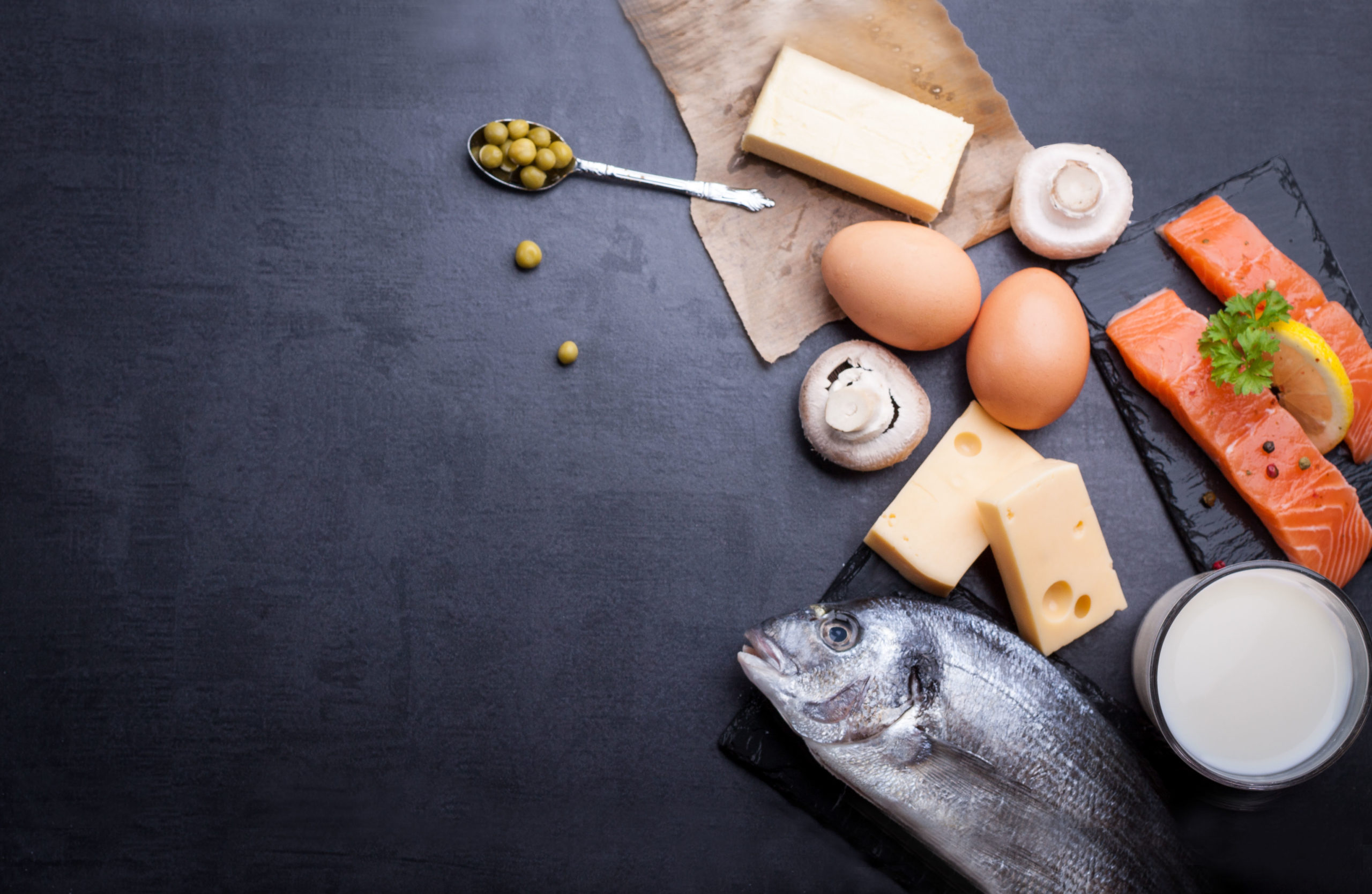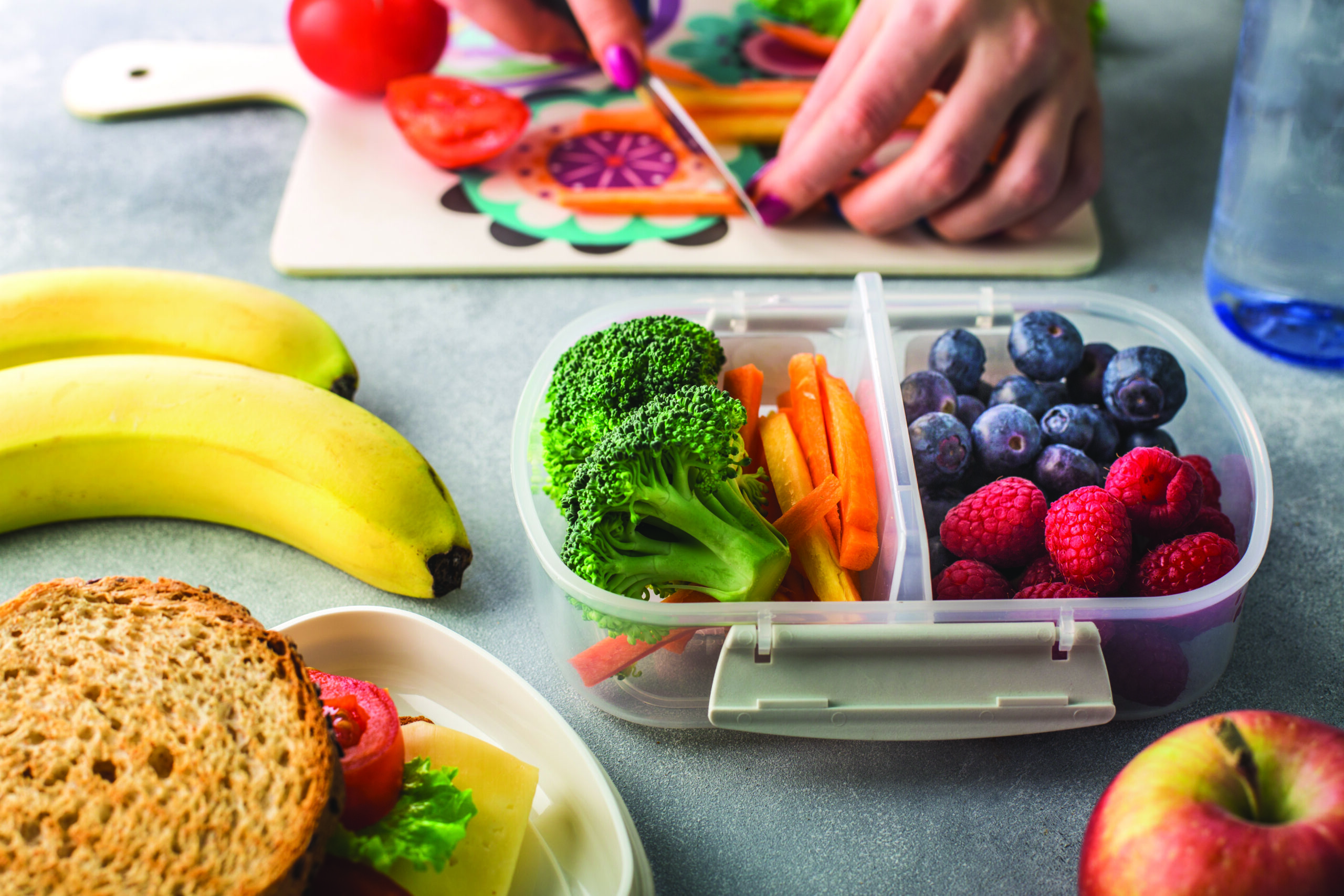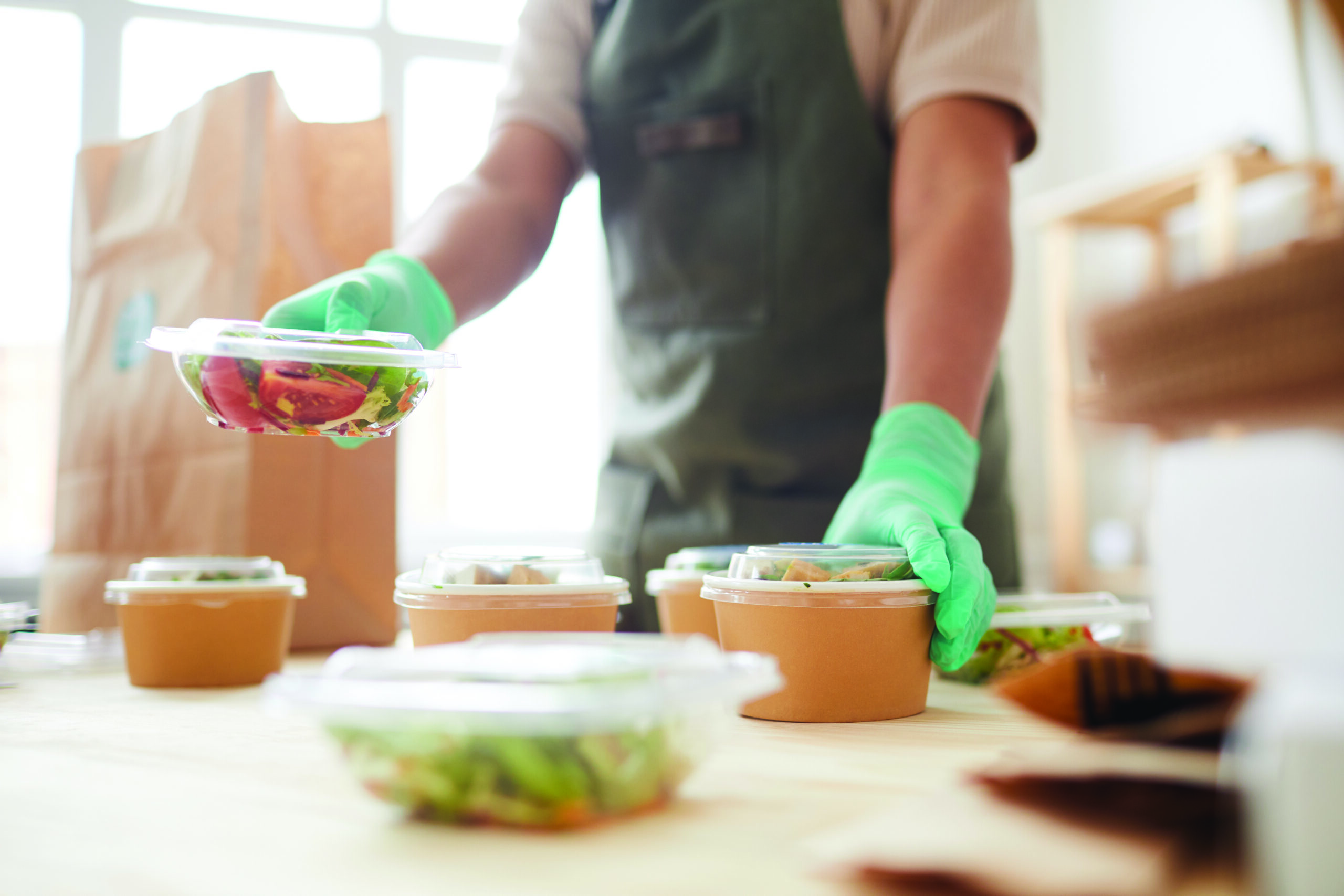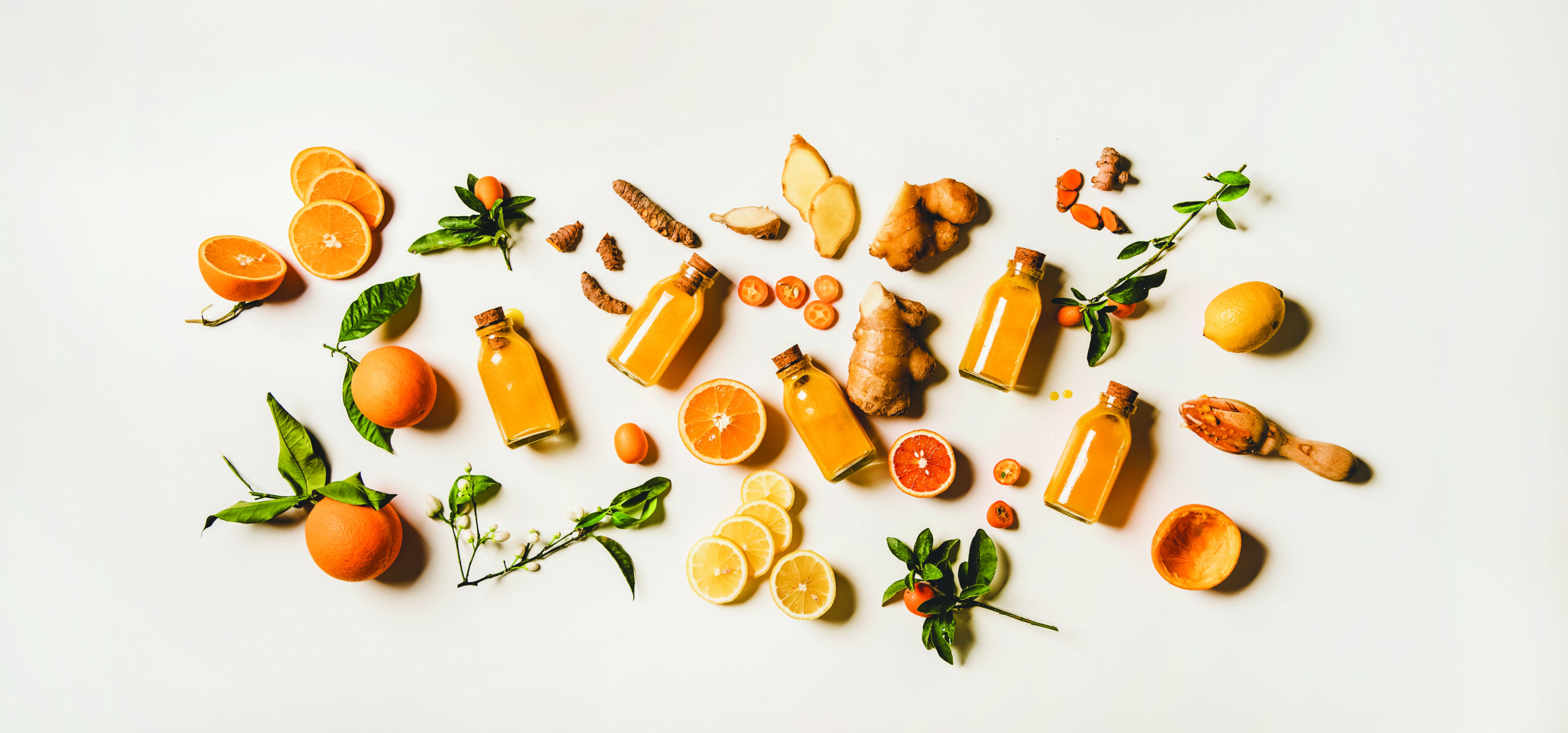Vitamin D has been getting a lot of attention these days as a vitamin that can boost your immune system and help combat the effects of COVID-19. It has been established in the scientific community that Vitamin D supports your immune, brain and nervous systems. However, it is not just limited to supporting these systems. Getting your daily dose of Vitamin D also promotes lung and cardiovascular health. It also plays a significant role in regulating insulin levels and for those managing diabetes
It is essential to one’s overall health to get their daily dose of Vitamin D. How much vitamin D you need depends on many factors, including age, race, latitude, season, sun exposure, clothing and more. Recommendations from the US Institute of Medicine suggest that an average daily intake of 400–800 IU, or 10–20 micrograms, is adequate for 97.5% of individuals.
Sunlight and supplements are a great way to absorb Vitamin D, but here are some healthy foods that can help you reach your daily intake:
Fatty/Oily Fish
The skin and oil of fatty fish are some of the best ways to get your Vitamin D. Salmon is one of the most popular fish with high amounts of Vitamin D, but do not forget about the smaller (and less expensive) fish that are out there. Sardines, mackerel, cod, herring and anchovies are all great sources of Vitamin D. If you do not like fish, you can take a cod liver oil supplement to help get your daily dose of Vitamin D.
Egg Yolks
A lot of misinformation has been shared about eggs and their yolks over the years, but one thing is certain, egg yolks are high in Vitamin D. So, you may want to think twice the next time you make an egg-white omelet and go ahead and eat the whole egg instead. Plus, you get the added benefit of additional protein from egg yolks.
Mushrooms
Mushrooms are another excellent source of Vitamin D. Mushrooms are unique compared to plants because they can synthesize Vitamin D from the sun. This allows them to be a great source of Vitamin D for vegetarians and vegans. Unfortunately, most plants cannot synthesize Vitamin D and are a poor source of it, so mushrooms would be your best bet for a plant-based Vitamin D source.
Oysters
Oysters may be an expensive option, but raw oysters contain a very high amount of Vitamin D. If you do decide to treat yourself to these delicious crustaceans, you are also likely to obtain a significant amount of Vitamin D while doing so.
Fortified Foods
Since many of the foods we eat regularly do not naturally contain Vitamin D, it is added as a supplement to some products. Keep your eyes open for Vitamin D fortified foods that may provide that extra daily dose of Vitamin D. Foods commonly fortified with Vitamin D are milk, soy milk, almond milk, tofu and oat-based cereals.
Getting your daily dose of Vitamin D is more important than ever, but it does not have to be complicated. Vitamin supplements are a great source to get your daily requirements, but there are some healthy and delicious food options out there. Enjoy and be mindful of meeting your minimum needs of Vitamin D to maintain a healthy immune system.








Leave A Comment